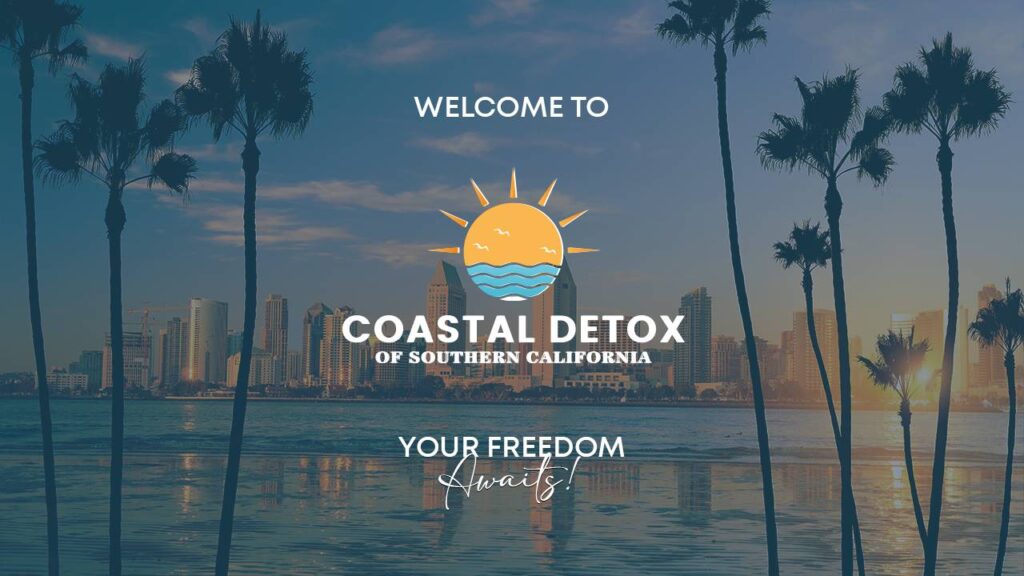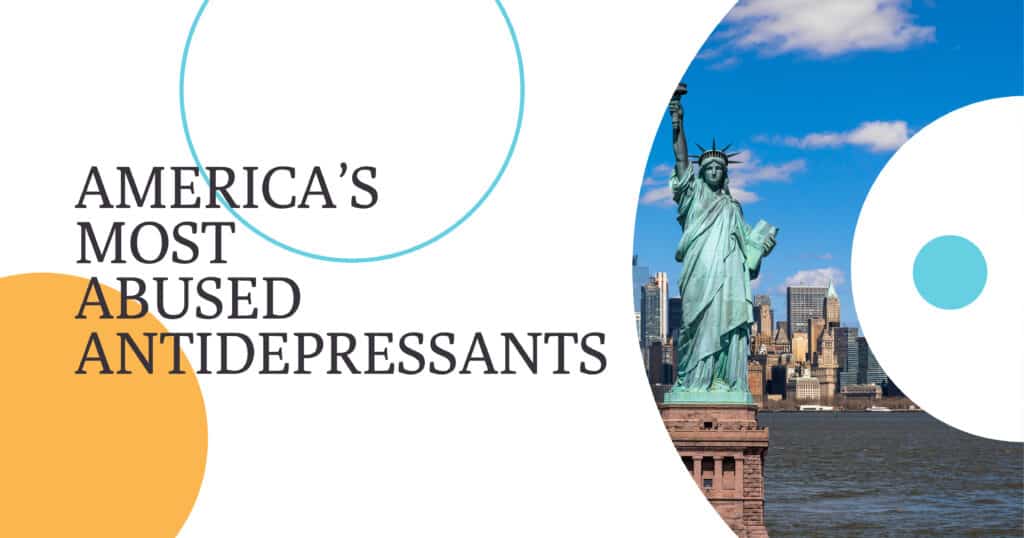In recent years, America has seen a significant rise in the use of antidepressants, sparking concerns about misuse and the broader implications for public health. This blog post delves into the intricacies of America’s most abused antidepressants, scrutinizing the reasons behind their overprescription, potential for misuse, and the alternative treatment options available for those struggling with mental health disorders.
Understanding the Surge in Antidepressant Use
The dramatic increase in antidepressant prescriptions can be traced back to several factors, including heightened awareness of mental health issues, the destigmatization of seeking treatment, and notably, aggressive marketing by pharmaceutical companies. A study noted a 21% surge in antidepressant, anti-anxiety, and anti-insomnia prescriptions during the early pandemic months, reflecting the society’s growing stress, anxiety, and depression levels.
However, a closer examination reveals a concerning trend: the prescription of antidepressants often extends beyond their intended use. Data shows a considerable number of individuals consuming antidepressants without a formal depression diagnosis, indicating potential overprescription or misuse. This expansion in usage encompasses treatment for anxiety, insomnia, ADHD, and chronic pain, areas where the effectiveness of antidepressants remains uncertain.
The Role of Big Pharma
The pharmaceutical industry plays a pivotal role in the overprescription of antidepressants. The United States, home to many leading pharmaceutical companies, is one of the few countries allowing direct-to-consumer drug advertising. Such advertisements often lead to increased prescriptions as they prompt discussions between patients and doctors about the advertised medications.
Critics argue that this marketing strategy, coupled with the opaque relationship between healthcare providers and pharmaceutical representatives, contributes significantly to the overuse of antidepressants. The Physician Payments Sunshine Act of 2010 aimed to introduce transparency in these relationships by making financial transactions between doctors and the industry public. Yet, despite these efforts, many patients remain unaware of their doctors’ financial ties to pharmaceutical companies, which could influence prescription practices.
Questioning the Efficacy and Safety of Antidepressants
The foundation of antidepressant treatment — the serotonin hypothesis — is increasingly contested. Critics argue there’s little evidence to support the idea that a lack of serotonin causes depression or that SSRIs effectively treat the condition. This skepticism is fueled by studies highlighting the minimal benefits of antidepressants, likening their effects to that of placebos, and raising concerns about their withdrawal symptoms and side effects.
Withdrawal symptoms, in particular, pose a significant challenge, with many patients experiencing severe and long-lasting effects, challenging the assertion that antidepressants are non-addictive. These symptoms often lead to prolonged use, as discontinuation symptoms can be mistaken for a relapse of the underlying condition.
Alternative Approaches to Treating Depression
Given the complexities and challenges associated with antidepressant use, there’s a growing call for alternative treatments. Non-pharmacological interventions, such as cognitive behavioral therapy, exercise, mindfulness, and ecotherapy, have shown promise in managing depression without the adverse effects associated with drugs. These alternatives focus on lifestyle changes and therapeutic strategies to address the root causes of depression, offering a holistic approach to mental wellness.
In Conclusion
The misuse of antidepressants in America underscores a broader issue within the healthcare system — the need for a more informed, transparent, and holistic approach to treating mental health disorders. While antidepressants can offer relief for some, the potential for misuse, addiction, and withdrawal symptoms necessitates a careful reevaluation of their role in mental health treatment. As we move forward, it’s crucial to balance pharmacological interventions with alternative therapies, ensuring that patients receive comprehensive care tailored to their unique needs and circumstances.









